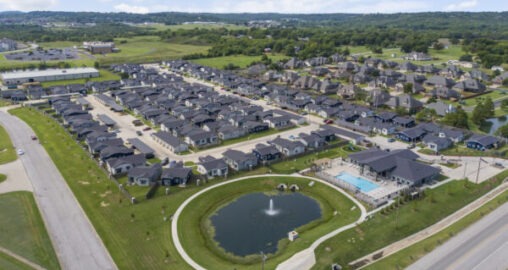The Unintended Consequences and Risks of Forbearance

April 17, 2020 | Marcus & Millichap Capital Corporation
To stop the spread of Covid-19, communities are coming together, staying home, washing hands and social distancing to protect the most vulnerable. A similar level of cooperation is needed in the commercial real estate industry among tenants, owners, lenders and the government to prevent a cascade of bankruptcies. In the words of one commentator, we are “too connected to fail.”
For example, the $2 trillion Coronavirus Aid, Relief, and Economic Security Act (CARES) allows multifamily property owners who hold federally backed mortgages to request forbearance on their loans. The policy is intended to prevent a wave of multifamily loan defaults and potential foreclosures by giving owners some relief in the event tenants fail to pay rent. Though the forbearance provision is well-intentioned, many believe adjustments need to be made to better align the interests of tenants, property owners and lenders, and avoid dire consequences for the entire system. For example:
Landlords who seek forbearance can’t evict tenants, charge late fees or issue negative credit reports for those who fail to pay rent. While this is appropriate for people who have lost their jobs due to Covid-19, the policy covers all tenants, even those whose incomes have not be affected.











